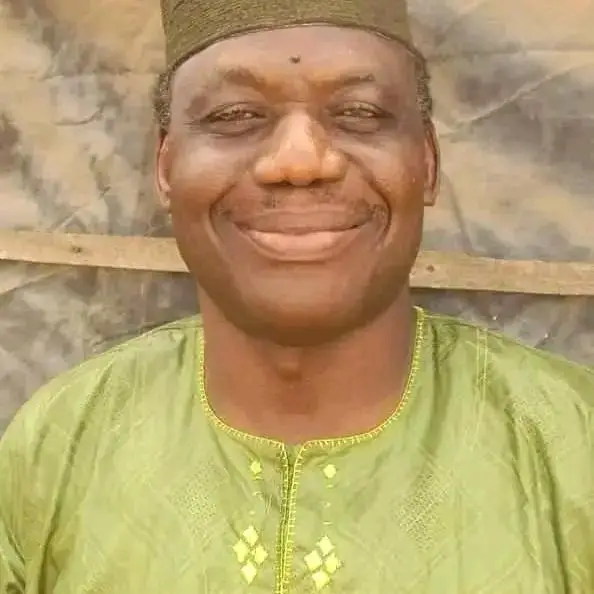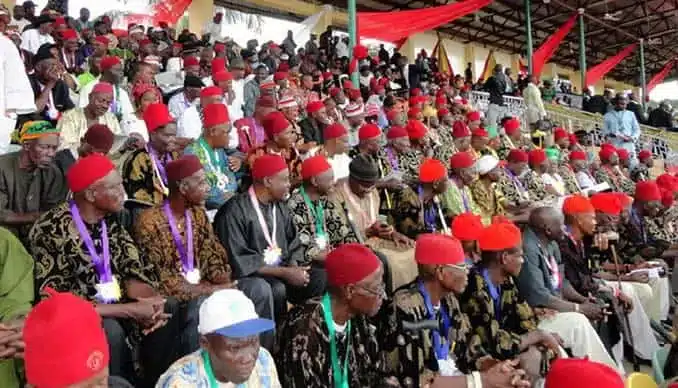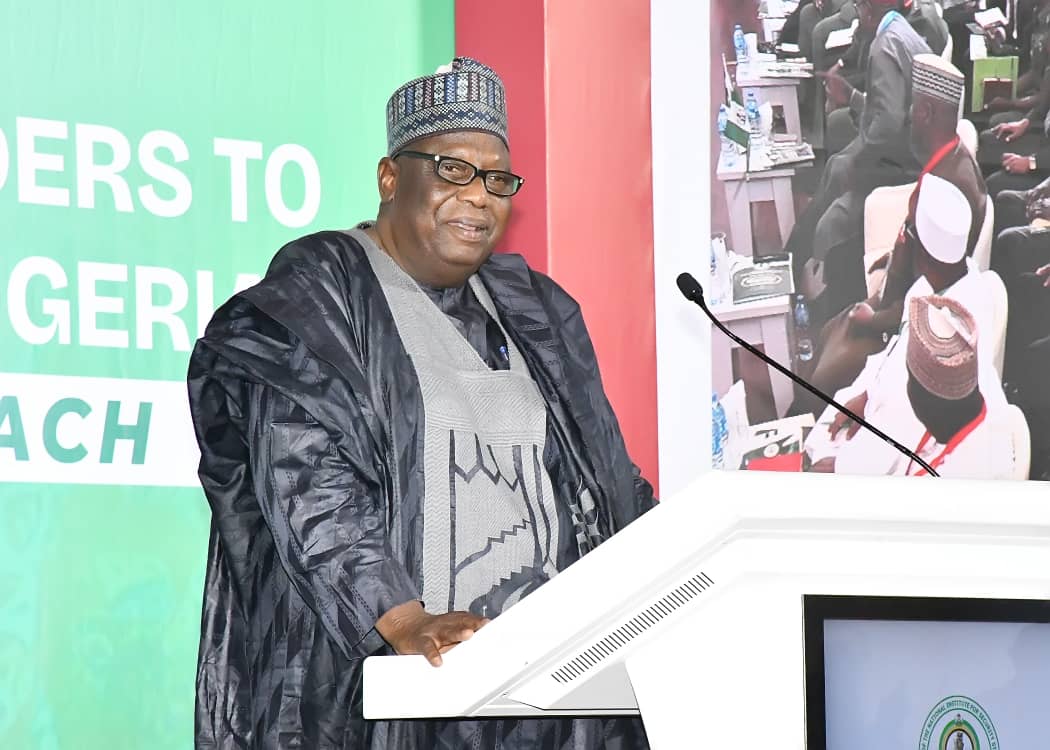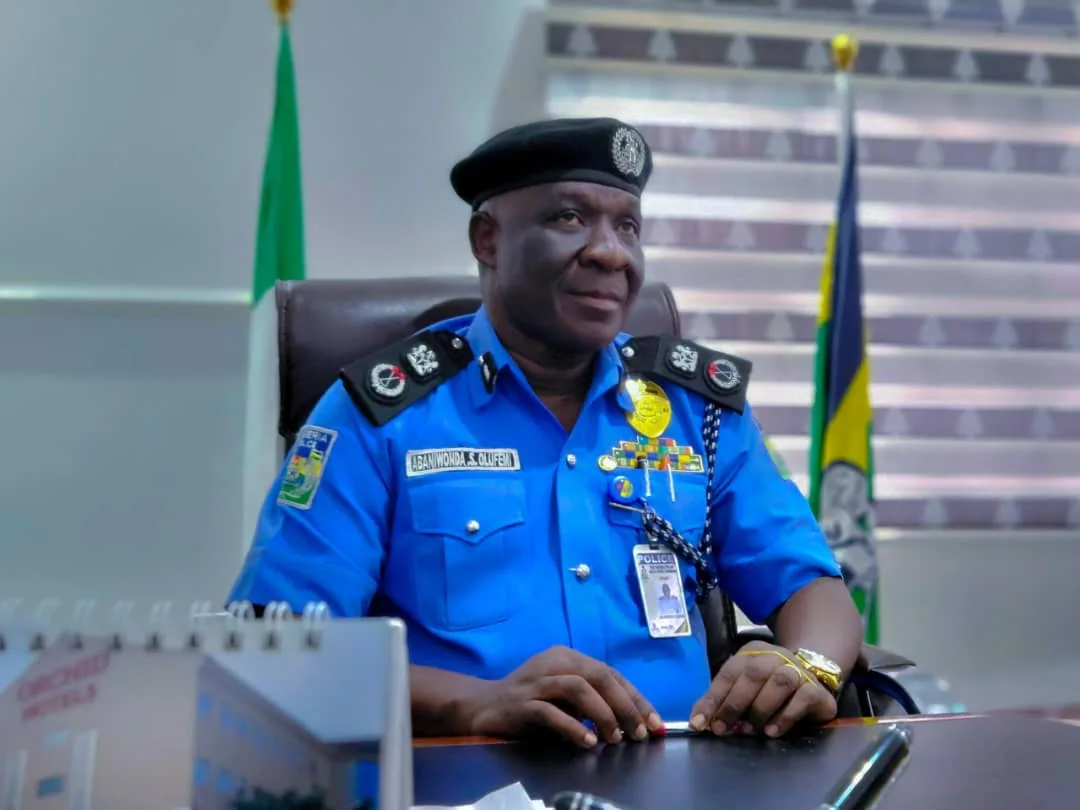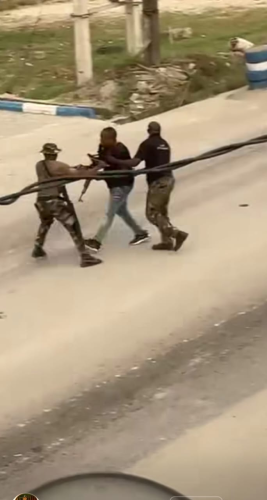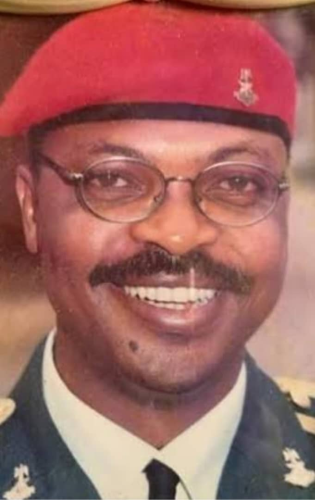By Tunde Olusunle
I was initially going to predicate this piece on notable developmental milestones I’ve followed in recent weeks and months, in some states in Nigeria’s South. Indeed, in two separate treatises, I’ve interrogated the endeavours of Chukwuma Soludo, Alex Otti and Umaru Bago of Anambra, Abia and Niger states. I’ve been enamoured by reports of advancements in sectors such as agriculture, infrastructure, investment and security among others, coming from the nation’s global South. You often get this feeling of positive peer rivalry between some states especially those below the Niger and Benue rivers, as they strive to improve the lots of their constituents, while also etching their imprimatur on the sands of time. It became imperative, however, to restructure my thoughts in the wake of certain very contemporaneous happenings, especially in the North, and juxtapose them with news from the South.
In August 2024, I wrote a piece titled The North of Nigeria after the Protests. It was my reaction to the thoughtlessness and idiocy manifested in parts of the North during the 10-day “hunger protests.” Internet videos and visuals are replete with the mindlessness which characterised youth outings those few days of insanity. Multibillion naira public properties and private investments were wilfully attacked, looted and vandalised. Road infrastructure including concrete pallets laid over public drainages were chiselled with axes just to steal the steel meshes binding and solidifying the platters. About a dozen fatalities were recorded between Borno and Niger states, as security personnel attempted the containment of the ensuing mayhem. Elsewhere, the Nigerian Police received plaudits for its demonstrated professionalism in the management of the fracas, mitigating injuries and minimising casualties, even as swarms of brigands held sway those days of utter madness. You watched these jarring scenes on national and global television and couldn’t but ask yourself: What ends were such barbarity, such primitivity meant to serve?

The hunger protests were also observed in parts of the South. But there was greater circumspection and decorum than was witnessed in many theatres of bedlam in the North. Indeed, governments in many states in the South were proactive. Authorities cautioned before the dates scheduled for the protests, that lawlessness in the form of unruly and riotous protests and processions will not be condoned within their boundaries. The October 2020 #EndSARS protests which snowballed into shootings of the processions by the Nigerian Army, remain fresh in popular consciousness. Amnesty International reported at least a dozen deaths from that incident, despite rebuttals by the Lagos State Government and the military authorities.
The government of Kano State in its 2025 budget, has made provision for the conduct of mass weddings. The sum of N2.5 Billion has been earmarked for the quarterly mass wedding programme across the 44 local government areas of the state. The administration of Governor Abba Kabir Yusuf, invested N854 million on the mass wedding of 1,800 couples in 2023. Kebbi State Governor, Nasir Idris, recently committed N54 million on the wedding of 300 couples in his state. Budget and Economic Planning Minister, Atiku Bagudu who attended the programme, availed each couple N50,000 as “startup.” Mai Mala Buni, the governor of Yobe State, has also accommodated mass weddings as a major project in the 2025 budget of his state. Immediate past President of the Senate, Ahmed Lawan who is also from Yobe State is also reputed to have sponsored mass weddings in his catchment area, ostensibly as part of his “constituency projects.”
Ahead of the Ramadan fast which began Saturday May 1, 2025, a number of state governments in the North, shut down educational institutions, especially primary and secondary schools. The closure is for a period of five weeks which is the duration of the fasting season. Beginning with Bauchi State in the North East, states in the North West including Kano, Katsina, Kebbi and Zamfara, have promptly followed suit. The various governments have proffered that the closures are to ensure focused and unimpeded observance of the Ramadan by the entire gamut of the peoples and populations of their various entities. These school closures have not taken into account the conveniences of non-Muslim students who are also students in these various states.
Before the wholesale mismanagement of Nigeria’s sociocultural diversities by particular leaderships, especially the eight-year regime of former President Muhammadu Buhari, Nigerians had always been very adventurous. They quested socioeconomic opportunities beyond the perimeters of their traditional origins. This has been said to have accounted for the flattening of Bola Tinubu in his home state of Lagos during the 2023 presidential election which brought him into office. Indeed, a specific settler-ethnicity in Lagos, was fingered for that near electoral humbling of the President. The academic calendars of many of the northern stares under discourse, have reportedly been tweaked to ensure the reopening of schools after the Ramadan-induced forced break.
While parts of the North are prioritising the observance of a religious obligation over and beyond every other consideration, the Nigerian Bureau of Statistics, (NBS), reminds us that the core North has the highest numbers of out-of-school children. Urchins, more famously known as almajiris in tens of thousands are permanently resident on the streets of several northern towns and cities, clutching begging bowls. The North is equally notorious for the high prevalence of child marriages, where clearly and visibly underage girls are married off to men old enough to be the age of their grandfathers. This accentuates the very high occurrence of Vesico-Vaginal Fistula, (VVF), among young northern females. Even if comprehensive health education were to be available for young girls, pervading illiteracy remains inimical to orientation and reorientation to stem the trend.
Nigeria’s core North remains averse to the trade and consumption of beverages of certain brands. Yet they desire the perpetuation of the fiscal allocation status quo, which privileges them higher dividends from national Value Added Tax, (VAT), than southern states which actually generate the chunkier taxes. Members of the Hisbah corps which enforces the Shariah are videoed regularly destroying huge consignment of alcoholic drinks, crippling the businesses of traders in such beverages. This is just as Saudi Arabia the global exemplar of Islamic religion, has relaxed its laws on alcohol. Non-Muslim diplomats can now procure and savour alcohol stuff. This is a major shift from the total ban on alcohol, which has been in place since 1952. The original law against alcohol provided for the prosecution and incarceration of offenders, while foreigners were summarily deported.

Down South, many governors and governments are pursuing visionary projects to impact on the well-being of their people. Governors Babajide Sanwo-Olu of Lagos and Seyi Makinde are investing massively in agricultural development to ensure sustainable food sufficiency and security. Surpluses will be warehoused in silos and storages, while overflows will be sold. Among other initiatives, Lagos State is partnering with the Origin Tech Group, to develop a five-year agricultural strategic plan. For starters, the partnership has initiated a Food Logistics Hub in Epe, Lagos State. Part of the plan is to gradually develop 4.2 million square metres of an agricultural village. A 60-kilometre network of roads are to be built in the settlement out of which about 30% is ready. It is a measure of the seriousness behind this plan, that a five-storey administrative block; a sprawling parking area capable of taking 1,500 trucks per day; a weighbridge, cold and dry storage areas, are already in place.
Makinde has revisited the hitherto moribund Fashola Farms Estate which used to be the epicentre of agricultural development in the primordial Western region. The luminous project which runs into several kilometres, sits between Oyo and Iseyin, Makinde has rechristened it the Fashola Agricbusiness Industrial Hub. Investors are expressing interest in cultivating a myriad of crops, notably cassava, maize, soybeans, cowpeas, tomatoes, banana and even dairy production. Well over N11 Billion has been committed to revamping the primordial farm with the provision of road infrastructure, factories and warehouses, among other structures. At least a dozen companies have already been established in the agribusiness zone, including Friesland Campina West African Milk Company Ltd, (WAMCO), and Brown Hill Farms Ltd, which is cultivating vegetables by deploying the Green House model.
Governor Dapo Abiodun of Ogun State, has identified over 12,000 hectares of arable land in his state, out of which the cultivation of 200 hectares last year, returned exponential yields. Abiodun at the harvest of rice from the demonstration farm located at the Magboro rice farm in Obafemi Owode local government area, boasted that Ogun State could conveniently feed the whole country. The pilot project yielded 1400 metric tonnes of rice, equivalent to 20,000 bags of milled rice, capable of gifting farmers with returns of N1Billion naira every quarter of the year. A cargo airport has been developed by the Abiodun government and approval secured from President Tinubu for the physical area of the airport to serve as a Special Agro-Cargo Processing Zone and a Free Trade Zone. The project has the potential to create about 50,000 direct and indirect jobs.
Who will grow or provide on a sustainable basis, the food which will feed the newly weds in Kano, Katsina, Kebbi and elsewhere? Who will cater for the almajiris, dan iskas and yan dabas being bred like rabbits out there, who have unwittingly become human furniture on northern streets? Mass weddings, early marriages, school closures for the observance of religious rites, freewill breeding of children without a plan for their futures, are not the pathways to socioeconomic progress. True, members of the elite like the senior parliamentarian representing Doguwa/Tudun Wada federal constituency in Kano, Ado Doguwa, may have four wives and 28 children. He is a fifth-term member of the legislature who has been Chief Whip and Majority Leader, respectively. Not everyone from his part of Nigeria, however, is as fiscally fortunate as he is.
As things stand today, the core North cannot aspire to catchup with, let alone overshoot the multisectoral mileages already attained by the South. It needs pursue immediate, intentional and conscientious rethinking, reorientation and recalibration, to get off the starting blocks.
Tunde Olusunle, PhD, Fellow of the Association of Nigerian Authors, (FANA), is an Adjunct Professor of Creative Writing at the University of Abuja.


